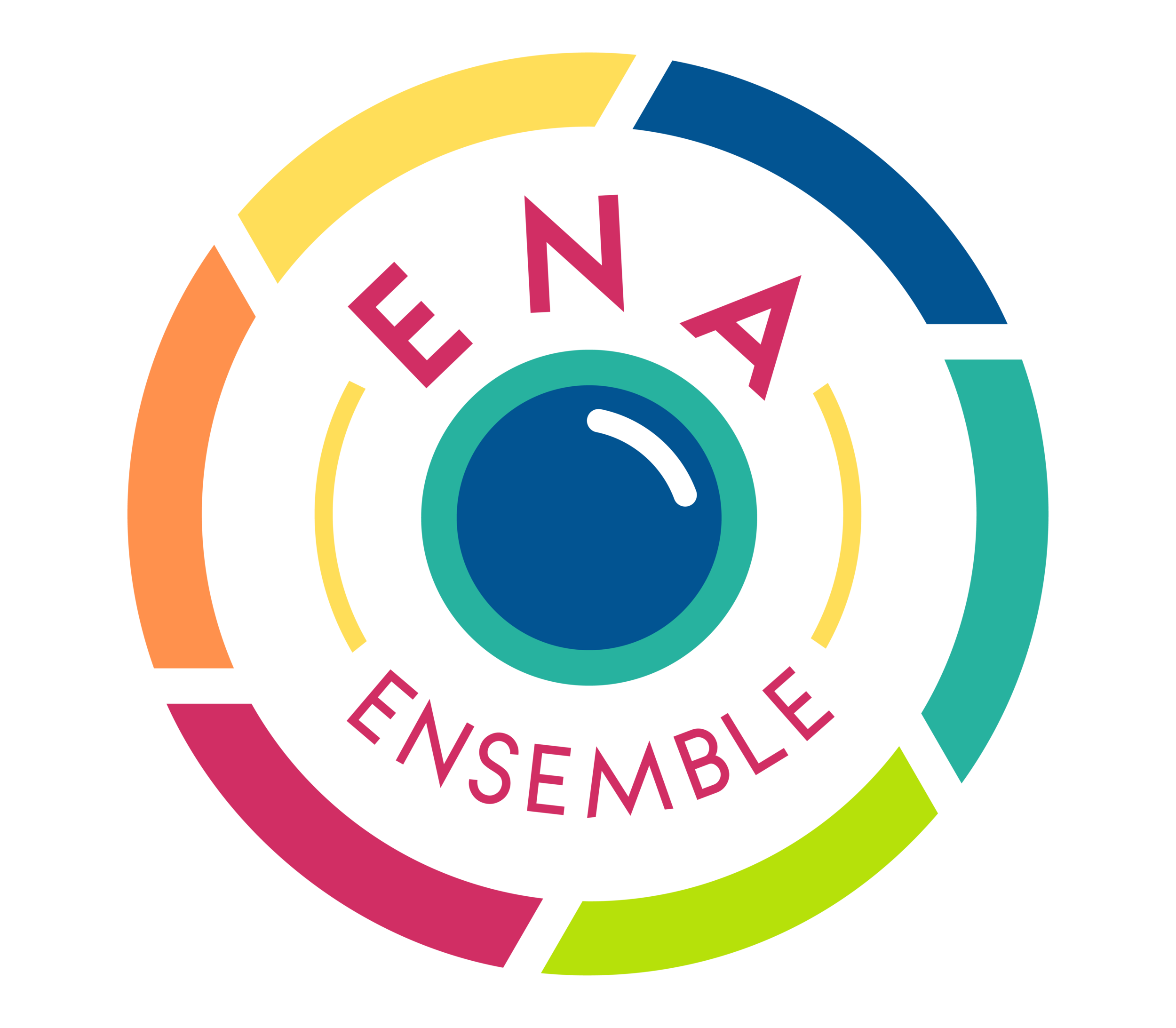A Note from Composer Evan Kassof
Tongue River Music is a piece about water, how it changes the world, and how our relationship to it changes. The river level being high enough to swim in as a kid becomes a crucial measure of economic anxiety as an adult. Nostalgia, hope, and an uneasiness with change infused the interviews with a kind of rugged melancholy. The people living at the base of the Bighorn Mountains are strong, smart, caring, charming, and sometimes disagreeable. They care deeply about the land and their individual access to it. They care about the water, the snowpack, and how droughts, floods, and fires impact every aspect of their lives. What they shared in the interviews, the conversations we had around town, and in who they chose to introduce me to tells a complicated story. Some have worked hard lives of exploitative work. Some have organized genuinely beautiful changes in their communities. Some perform, others sell things. Some are retired, and some are still knee-deep in dusty fields of grass.
There are so many beautiful places in the world, and the lens through which Chelsea and I got to see the Bighorn Mountains, the Tongue River, the art and culture and food and work of the people of Dayton entirely colored our perception. These mountains feel rugged and desolate in a way that others don’t, and that’s because the people who live there and anthropomorphize the experience of this place are so searingly independent.
What has been made plain in my travels to Wyoming, and the year before to Oregon via many of the most spectacular spots west of Pennsylvania, is that the scientific work of studying the natural world and the artistic work of translating those studies from a technical jargon to an emotive one is simply not enough to save the world we love. We premise our experience of nature in an objectifying way – where parks use metadata tags to best sort for “fall colors” or “granite peaks.” The big sky is something we have only inbetween the places where most of us live, and the night sky is far more rare still. If we know that forests sound differently than they did 50 years ago because of the decline of songbirds, and we listen to music about how sad it is that that decline has left us with a silent forest, all we are left with is a hopeless kind of sadness. The mapping of scientific facts into artistic expression is too linear, too one-dimensional:
“Wow, that sucks, the forests are dying.” → Silence.
“Wow, the coral reef I used to swim in as a kid has bleached away.” → No colors.
This isn’t enough. If we can’t organize and mobilize around these truths, both scientifically known and artistically felt, then we will just be inundated with the genre of Variations on a Theme Of What We Lost And Why That Is Very Sad.
To this end, it is why we need more than science to analyze our ways and workings and art to paint those realities with color. We need to organize. If we can organize notes on a page, recordings in a park, or concerts in a building in Center City Philadelphia, we can build more than the waiting room for a bleak future. We can build a future that isn’t bleak.
The best way to mobilize is to organize, and the best way to organize is through a union. If there’s a union where you are, join it, and if there’s not a union, start one. If you can’t be in a union, don’t stop others from making one. The revolution is made of small talk – with your neighbors, your friends and families, and the random folks you meet on your travels. You won’t agree with everyone, but if we can listen to their stories and connect with them, we can organize them. That’s the underlying truth of Tongue River Music. It was a month of talking to people who almost certainly don’t vote the way I do about the realities of the world that we both face regardless. That they are anxious about the snowpack, that they do care about the future and their community, that they do know that things are changing. My conversations alone likely didn’t radicalize them, nor will this piece of music. But they are parts of a bigger project, one that bridges the rural and the urban, the young and the old, the believers and the non-believers. A project that aims to find an actionable, collective path forward in a rapidly changing world.
If we are to continue making art about the natural world, and we don’t want that art to be strictly archival, then we must actually work together to wield our collective power.
Join the movement: https://actionnetwork.org/forms/organize-a-union-today
ENAensemble presents Tongue River Music
Sunday, April 13th at 3pm
The Plastic Club, 247 S Camac St, Philadelphia, PA 19107
Featuring:
Nicole Renna, soprano and electronics
Chelsea Meynig, flute
The Gryphon String Quartet
Tess Varley, violin
Natasha Colkett, violin
Hannah Nicholas, viola
Justin Yoder, cello

